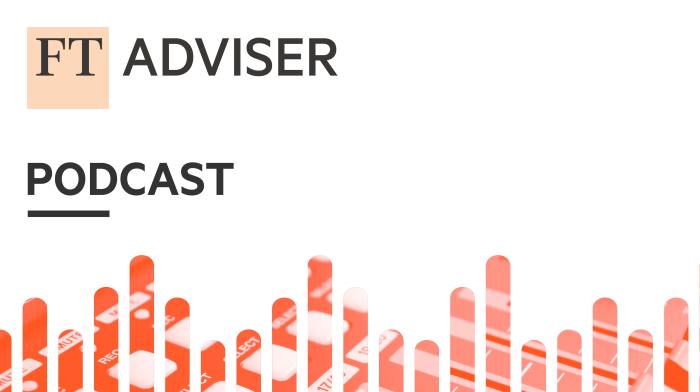
The Financial Conduct Authority should scrap the 10 per cent drop rule during its upcoming review, according to guests on the latest edition of the FTAdviser Podcast.
Earlier this year the FCA announced plans to review the controversial 10 per cent drop rule, which was introduced by Mifid II in 2018 and means clients must be informed when their portfolios drop by 10 per cent or more.
The rule has been suspended since the beginning of the Covid-19 pandemic due to increased market volatility, a suspension which the FCA has said will continue until the end of 2021.
But now the UK has left the European Union, what should the FCA do about this rule following its review? Should the rule be scrapped completely? Or can it be saved?
This week FTAdviser digital editor Damian Fantato is joined by Tim Fassam, director of government relations at adviser trade body Pimfa, and Greg Davies, head of behavioural science at Oxford Risk, to discuss these questions.
They also discuss what advisers can learn from this rule about communicating investment performance with their clients.
Fassam said the rule had done "absolutely nothing" to encourage more people to move their savings out of cash and that it made no sense for advised clients to be subject to it.
He said: "The way to do it is to look again at what's the objective. What can we do to ensure people are engaged, they have the information they need and that the information is appropriate for the type of investment they have gone for.
"If they have a portfolio manager or a wealth manager they have asked someone to invest on their behalf to make these decisions and to monitor their investments so the 10 per cent rule doesn't really make very much sense for them because they are not managing their own individual investments, they are paying someone else to do that."
Fassam added that for execution-only investors, the information should be "more holistic" than a 10 per cent rule and had to add "meaningful" information.
Davies said the rule's suspension during the pandemic demonstrated its ineffectiveness and said he would scrap it.
He said: "I can't imagine a single situation where the 10 per cent drop rule would be invoked when markets weren't volatile so if you're going to suspend it because markets are volatile at the time then what's the point of having a rule you have to suspend the moment it is operational."
Davies added: "Dropping the rule doesn't mean that we shouldn't talk to people about what's happening to their portfolio, we should just do it in a targeted and systematised way.
"The other thing that I think is important is that when someone's portfolio drops substantially it actually affects their risk capacity and I think we need to weave that in a bit more fundamentally.
"This is particularly true of people who have retired or are just about to retire. Their sequencing risk gets bigger, suddenly I have to fund my withdrawals from a smaller pot and that is a particularly dangerous moment."



